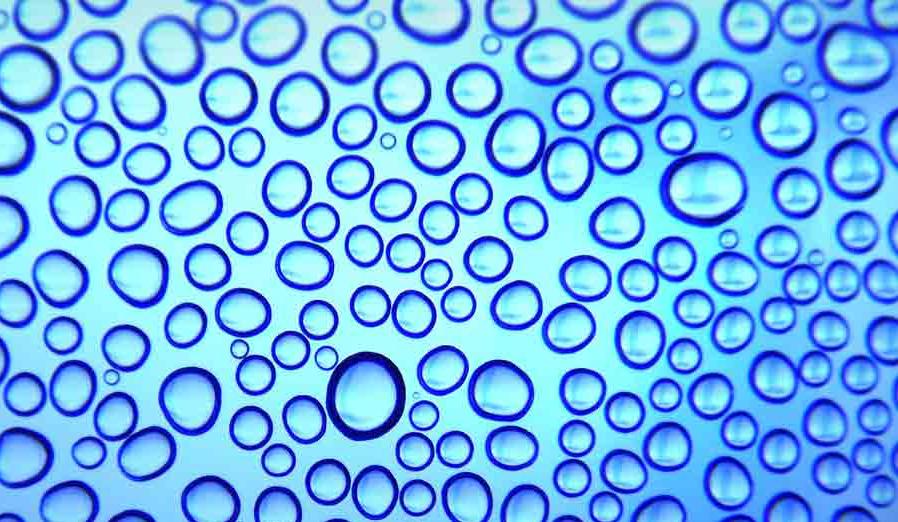
INTERESTING WATER FACTS
Water is very important for life. We need water to drink, to wash our hands, to cook, to water plants and many other things. What other important uses for water do we have? Without water, the plants would die and people and animals would go thirsty. Did you ever wonder why water was so important? Do you know why water is water? Let’s take a closer look at water… Your body is made up of many bones. All these bones make up your skeleton.
Interesting Water Facts
- In just 16 hours, U.S. water utilities produce as much potable
 water as the oil industry produces oil in a year.
water as the oil industry produces oil in a year.
- When we use water, we generally add contaminants to it, such as soap, food products, and chmeicals, which must be removed before the water is used again.
- Close to 3/4 of the Earth’s surface is covered with water, but less than 1% is suitable and available for drinking using conventional water treatment.
- Ice cubes float because ice is less dense than water. Water freezes in a lattice-like formation, which creates buoyancy and allows ice to float.
- Hardness in drinking water is caused by calcium and magnesium – two non-toxic, naturally occuring minerals in water. Excessive hardness makes it difficult for soap to lather, leaves spots on dishware and reduces water flow.
- Water is the original health drink. It contains no fat, no calories and no cholesterol.
- Becausee 60% of an adult’s body is water, it is essential to replenish the water you lose through breathing, perspiration and excretion. For most people, this equates to approximately 8 cups (2 liters) a day. We can consume water not only by drinking water, but also through food and other beverages.
- Through the processes of evaporation, condensation, precipitation and infiltration – the hydrologic cycle – the total amount of water on Earth remains constant. The availability of fresh drinking water, however, continues to diminish, as demand continues to increase.

